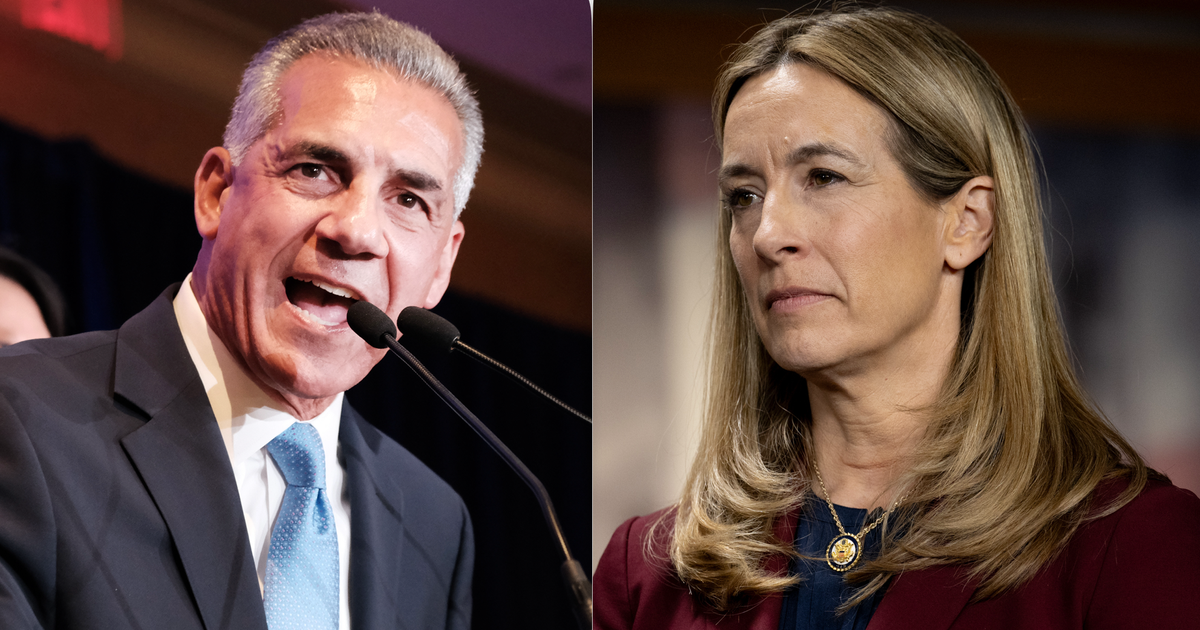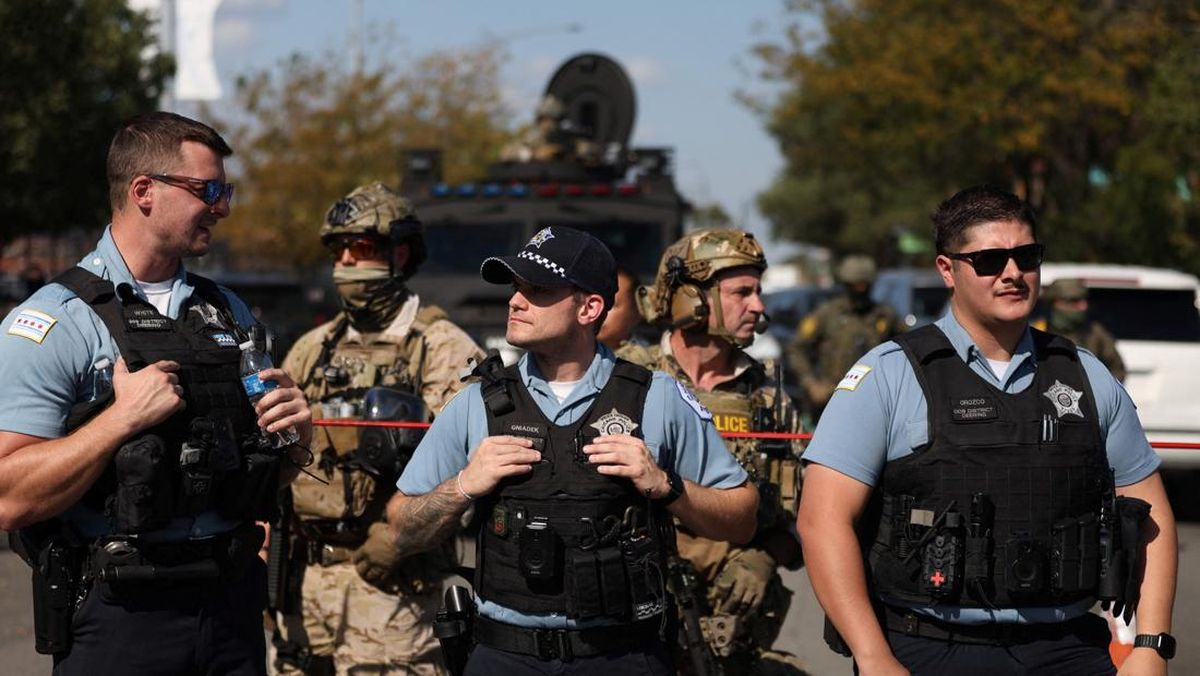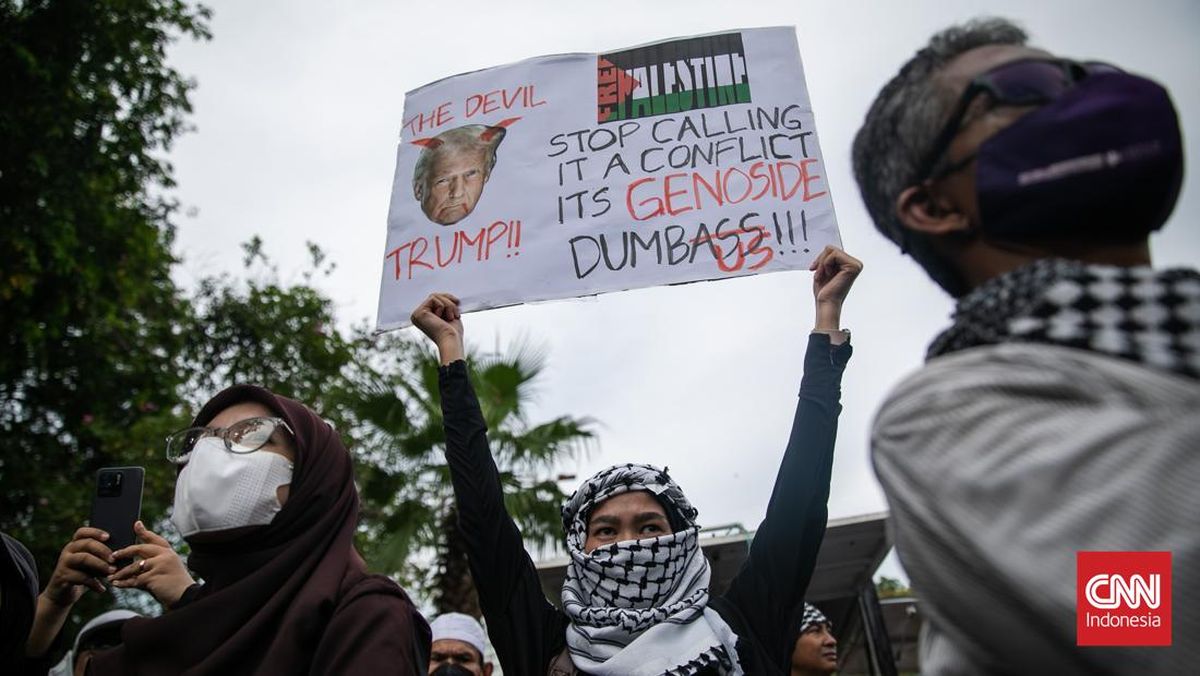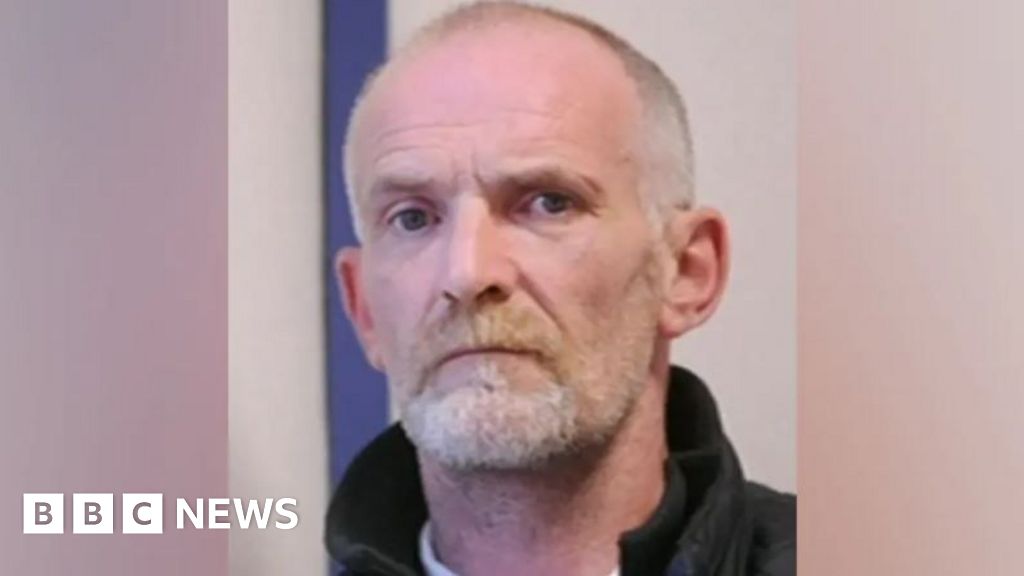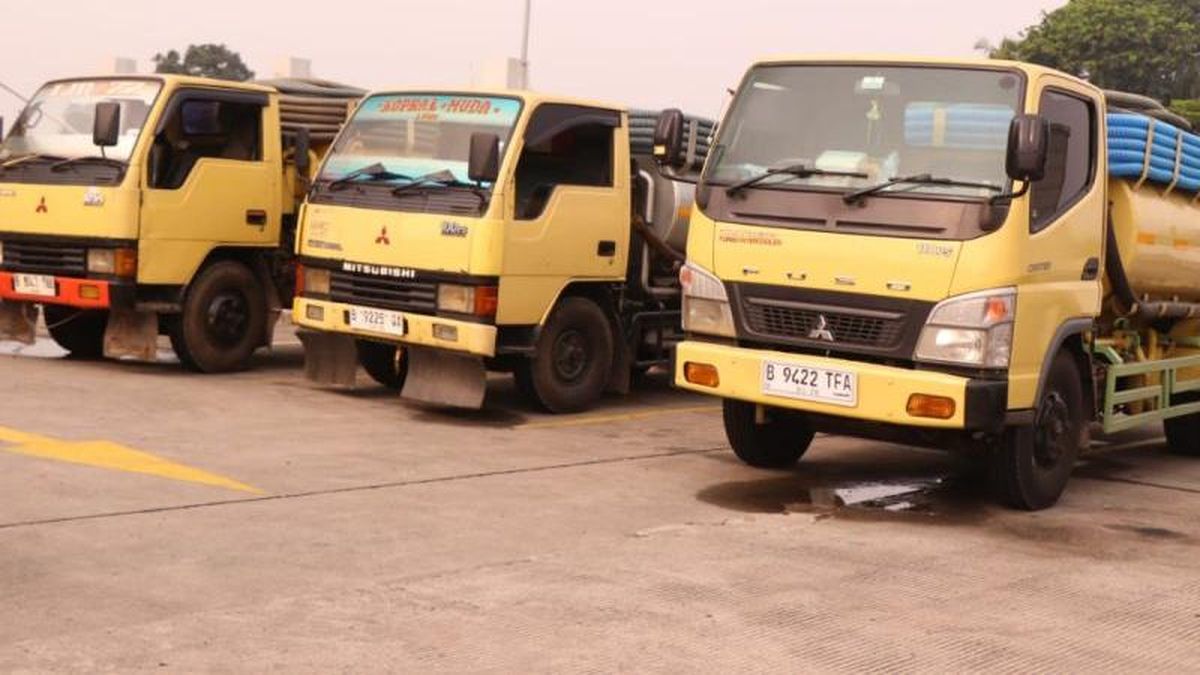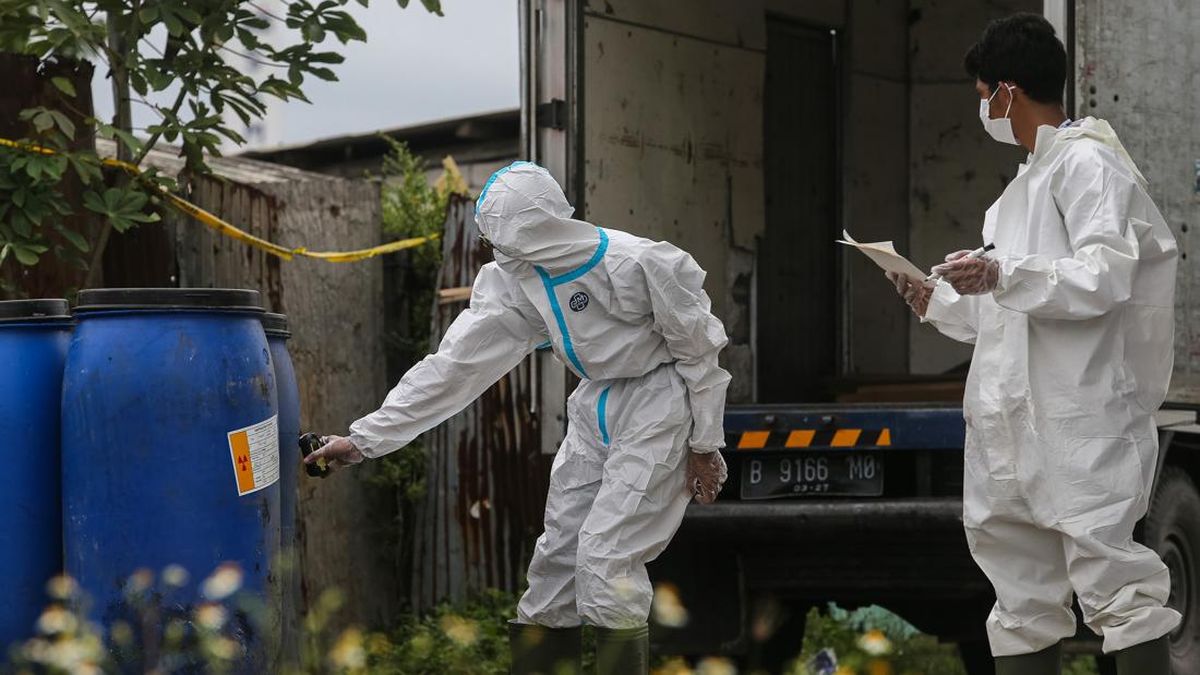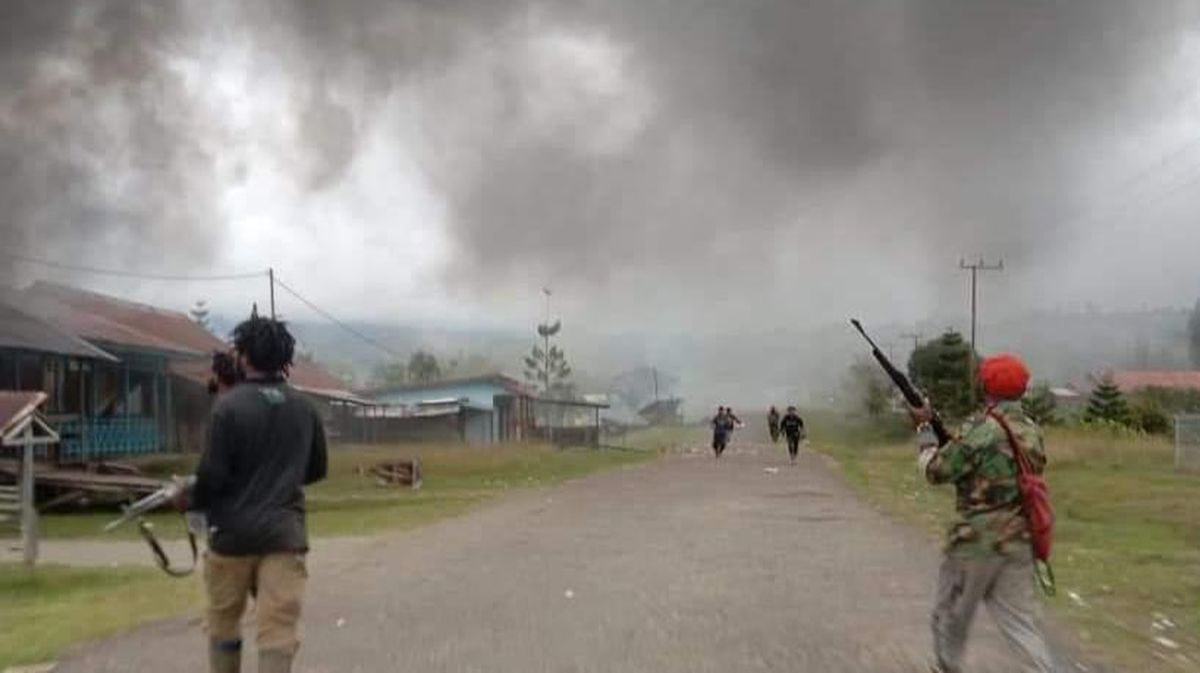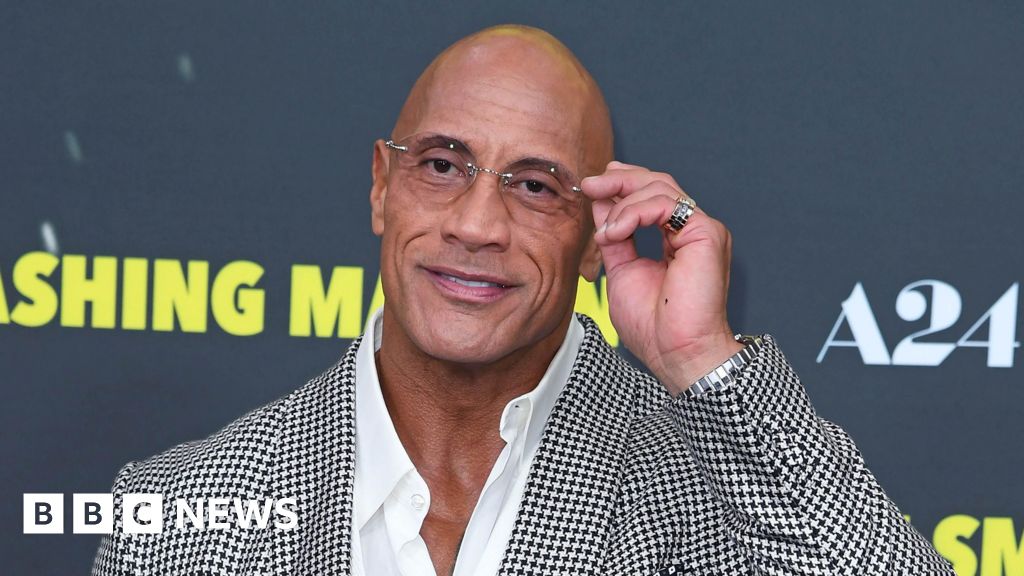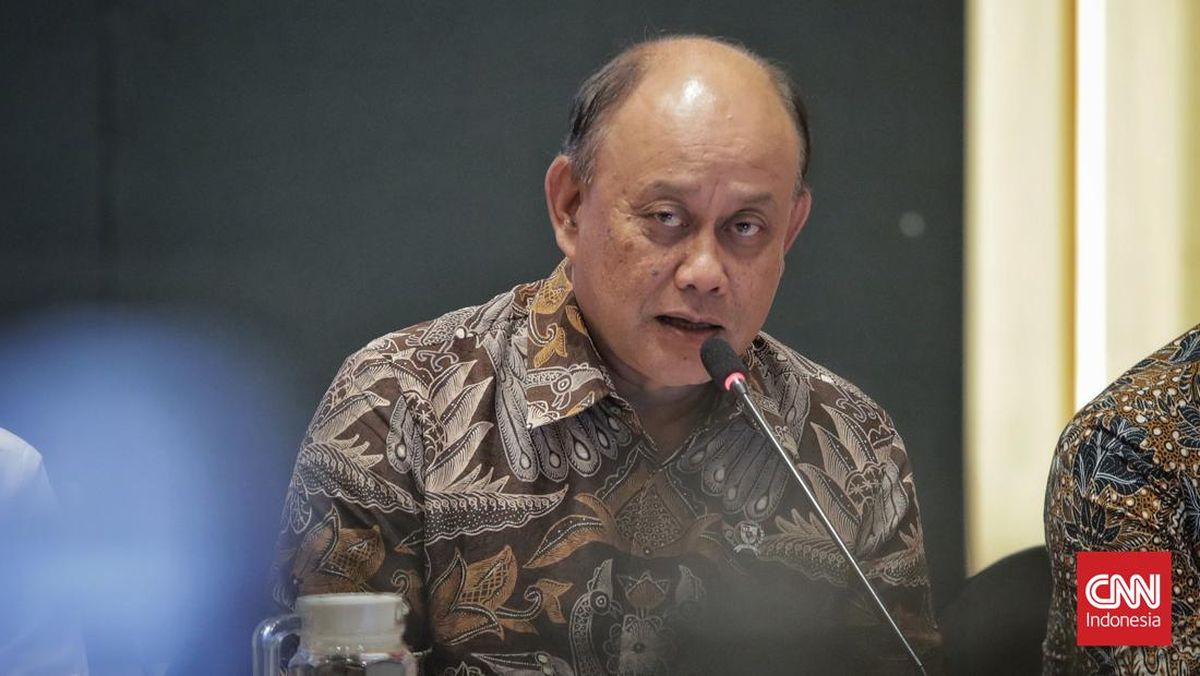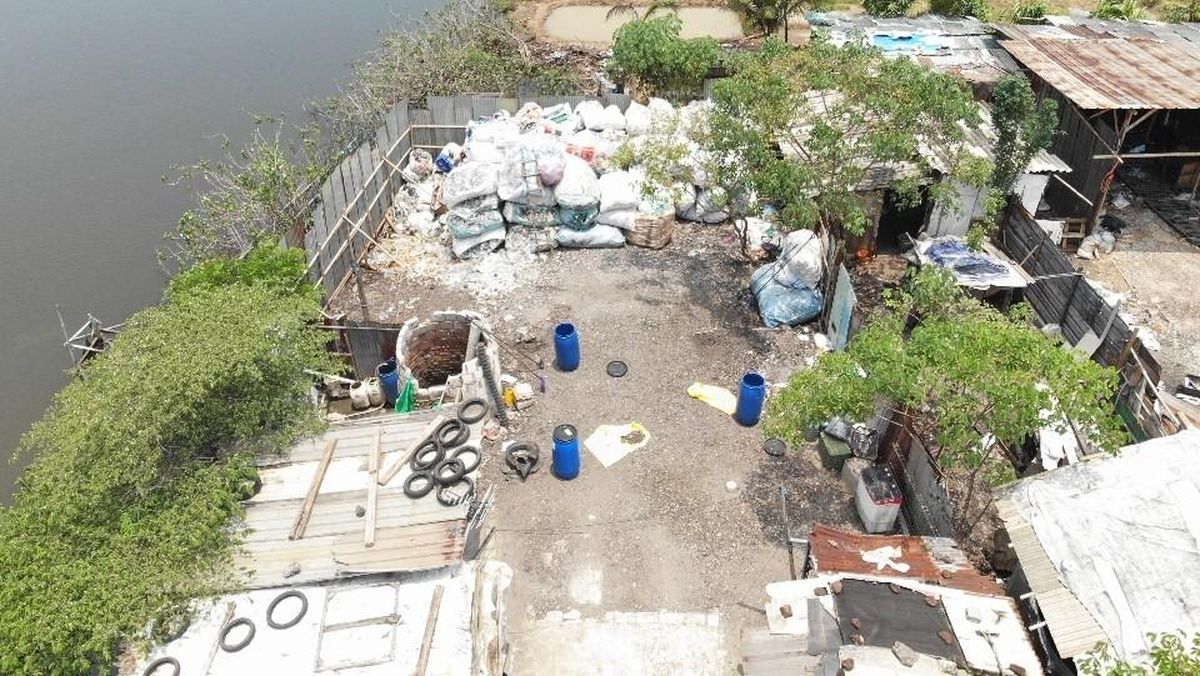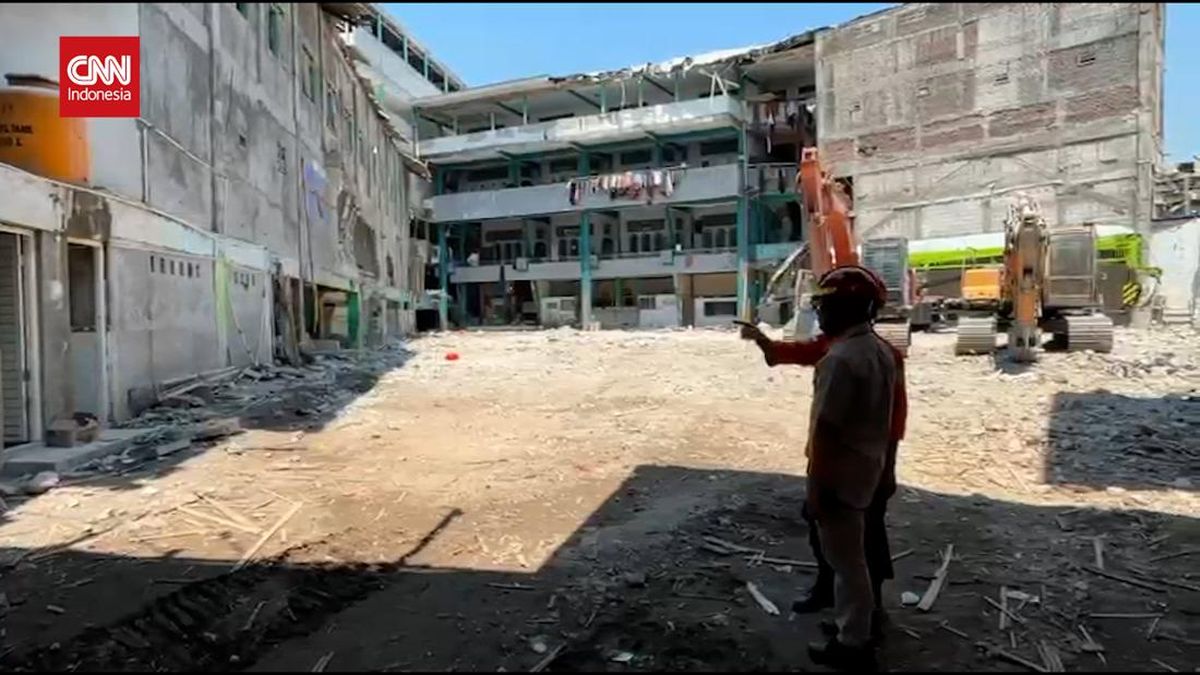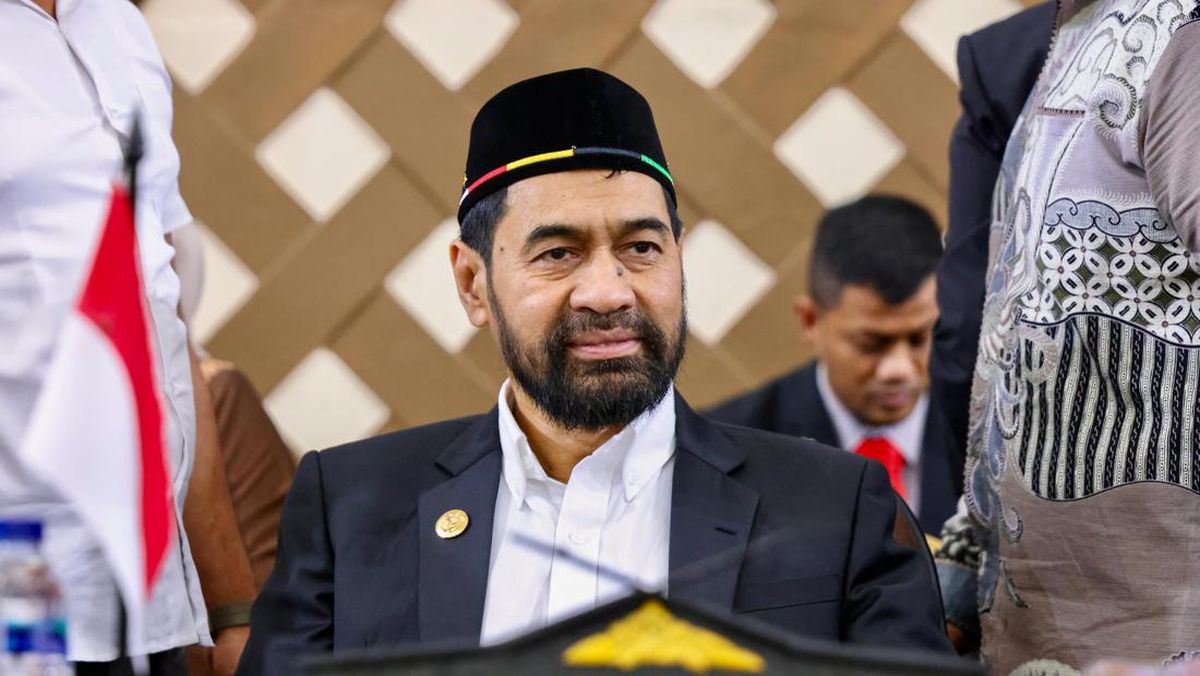Perhaps if the teaching profession were more respected in Australia through higher status and remuneration, there would be no need for the Literacy and Numeracy Test for Initial Teacher Education (“Aspiring teachers caught cheating on basic skills test”, October 3). The profession is ranked very highly in China and other Asian nations, where its status and income are almost aligned with those of doctors. This might be reflected in the notable respect Australians from these backgrounds have for teachers and education. Further, the Australian Council for Educational Research might turn its attention to the issue of teaching profession status ranking in Australia, given that other analyses have not included this country. If the status and income of the profession were seriously elevated, the quality of aspiring candidates would look after itself and there would be no need for basic skills testing. Any associated ACER tests would transform to mere culling tools, as it unarguably is for its medical school entry exams due to the high aspirant numbers attracted by the elite status of medicine. Robyn Dalziell, Kellyville

Teachers deserve higher status and better remuneration.Credit: iStock
I am in broad agreement with the correspondents who decry far-right teachers in the education system, but I wonder if this criticism doesn’t go far enough (Letters, October 3). There are many unreformed Marxist-leaning and pro-post modernist teachers also in the system, and more are being produced by universities. When the system is cleansed of the extreme right, surely the extreme left should also be removed. Doug Richards, Tamarama
Self-taught success
Our children’s school taught students how to learn and understand for themselves, eliminating the need for expensive tutoring (“I’ve signed my kids up for tutoring. It’s quite an education”, October 2). In line with this, we received a call from the year 9 maths teacher before the mid-year break, saying: “Your child’s maths preparation would be helped by joining a year 10 group next term. I’ve provided the syllabus, tests and past exam papers. See how it goes. If he’s comfortable he can jump a year.” We scoured op shops for old textbooks and hours of holiday were spent studying, with a growing sense of achievement. All through VCE (HSC), we’d overhear evening “online work groups” (in most subjects) knocking off past papers, helping each other, arguing, laughing and waiting for each other to catch up – even downloading past papers and solutions from overseas examinations so that “nothing surprised them”. This approach costs little and has value beyond computation. Ronald Elliott, Sandringham (Vic)
One-sided peace plan
Waleed Aly, as usual, gets to the core of the Gaza peace plan (“Trump has licensed Netanyahu to ‘finish the job’ in Gaza”, October 3). Strip out the noise and it is a demand from Israel, not a proposal. Return the hostages and cease any resistance and we will stop starving you. We might consider halting the bombing and perhaps exploring the possibility of independence in the future. Hostages will be traded, but you go first, and we may release some Palestinians if we feel like it. We will install an “authority”, but it will have no authority to compel Israel to do anything. This is not a peace plan. It is a smokescreen to cover Donald Trump’s inability to have any impact on the conflict. Neville Turbit, Russell Lea
So many “what would happen ifs” in Waleed Aly’s opinion piece on the plan for peace in Gaza. So many doubts about whether Benjamin Netanyahu will meet his side of the agreement. Aly’s doubts are valid but misdirected. Netanyahu has accepted the peace plan, so now the most pertinent question is, what will happen if Hamas also accepts peace? I even have a credible answer: the hostages come home, the war ends and Gazans have a chance for a new future. Joanna Auerbach, Kensington
Waleed Aly makes painfully clear that Benjamin Netanyahu cannot agree to Trump’s Gaza peace plan because Netanyahu’s political survival is held hostage by his “far-right coalition partners”. The problem with Aly’s conclusion is that this is about far more than politics: it is about religion. Netanyahu’s far-right coalition partners are animated by a fundamentalist interpretation of ancient texts found in the Old Testament, which prophesy the End Times coming of a Jewish messiah. Their interpretation, however, is highly contingent upon Israel having fully occupied the Holy Land, with Jerusalem as its eternal capital. Under such a strict contingency, Muslim Palestinians have no place to independently settle in either Gaza or the West Bank. So how can Netanyahu possibly agree to Trump’s peace plan while he is politically beholden to the coming of Israel’s much long-awaited messianic saviour? Rev Vincent Zankin, Rivett (ACT)

Credit: Alan Moir
Waleed Aly once again offers a fascinating view of the many political implications of the Gaza catastrophe. Whatever one’s personal convictions may be, the simple truth is that children are being slaughtered daily and starved to death by an extreme right-wing government that maintains a comfortable diplomatic residence in our federal capital. The situation is, as Aly makes clear, immensely complex but nevertheless, something is rotten in the state of Denmark as the children continue to die while we are having our lunch. Peter Thomas, Rose Bay
Marchers in reverse
The Palestine Action Group plans to march on the Sydney Opera House to commemorate October 7, 2025 as “two years since Israel launched its genocidal campaign against the Palestinian people” (“NSW Police urge Palestine protesters to relocate march from Opera House”, October 3). Unless you have just arrived from another planet, you would know that the reverse is true and that October 7 marks the date Hamas terrorists from Gaza invaded Israel and tortured, murdered and abducted nearly 1500 innocent Israeli civilians, which started this needless and tragic war. Margaret Perlman, Randwick
Politicising tragedy
Another deep dive into desperation and obscurity by Nationals senator Bridget McKenzie, as she tries to blame Labor’s support of Palestine for the tragic Manchester synagogue attack (“Manchester synagogue killer named”, October 3). Does she not remember the shellacking the Coalition got in the last election, in large part for this very type of attack-dog approach? It’s obvious that neither she nor her colleagues have learnt their lessons. I find her and other similar comments utterly appalling in the face of such a tragedy. Lynn Nadjarian, Forster
To my disgust, in expressing outrage at the Manchester murders, leaders of Australia’s conservative parties have taken the opportunity to hurl scorn at our prime minister for his support for a Palestinian state, claiming that recognition is encouraging antisemitic violence. Yet not a word of sympathy from them for the many thousands of Palestinians who have been systematically butchered by Israel, or criticism of their leader Benjamin Netanyahu. The obvious conclusion? Conservative leaders place no value on the lives of people of one faith, yet see major (political?) value in the lives of those of another. I’m calling them out for what they are: hypocrites, at best. Andrew Royal, Orange
America should take note – the Manchester terrorist was able to do much less damage with a knife than if he had been armed with a high-powered rifle. Although it’s horrifying that he was able to inflict fatal injuries on several people, the carnage would have been much worse and may have included the police officers who attended so swiftly. Stephanie Edwards, Leichhardt
War on smoking
Australia is increasing law enforcement and regulation of tobacco retail sales to try and reduce illicit sales of cigarettes, tobacco and nicotine vapes (“Australia goes global in fight against illegal tobacco”, October 3). Once again, these measures will fail as there is such strong demand for much cheaper but illegal cigarettes and tobacco, and much safer vapes. Unintended negative consequences of this futile enforcement-based approach includes further stimulating an already soaring and violent black market, losses of billions of dollars of government revenue and consumers using unregulated illegal products. The wide gap between retail cigarette prices and the prices smokers are willing and able to pay is driving them to the black market. Reducing that gap is essential, and inevitable. Australia would benefit, as New Zealand has since 2020, by making low-risk nicotine vapes more available than deadly cigarettes. Dr Alex Wodak, Darlinghurst

A Border Force officer inspects a container of illegal cigarettes.Credit: Luis Enrique Ascui
This is not the time to send a message of weakness to organised crime by reducing cigarette excise. With almost $10 billion in government revenue lost to illegal imports, penalties for smuggling this drug should rather be ramped up. While increased surveillance and intelligence gathering may cost millions, it will be money well spent. Governments should also remember that excise is not intended primarily as a revenue raiser, but as a deterrent to smoking, which puts extra strain on our hospital system. John Kempler, Rose Bay
The fact that Australia has created a thriving black market in tobacco is not the result of excessive taxation. Britain and New Zealand have similarly high taxes but do not have a problem anywhere near to the same extent. Australia has failed because it has refused to regulate vaping and accept it as a safer alternative to smoking. By taxing tobacco and prohibiting vaping, the government has given Australians no choice but to turn to the black market – and cigarettes are the most profitable contraband for smugglers. It was dumb strategy, but it is even dumber to deny the mistakes that have been made and continue to dig a deeper hole. Peter Barrett, Woonona
Art failure
It is no surprise that the Art Gallery of NSW is in financial distress (“Art Gallery swings axe on dozens of jobs”, October 3). The new adjacent Naala Badu gallery “has failed to deliver a predicted boost in income”. This was entirely to be expected as the massive new building is simply a competitor for the successful older gallery. Patrons split their attendance between the two; they do not necessarily attend more frequently. Maintaining the bewildering number of exhibitions in the new, oversized space was bound to become financially unsustainable. Other than turning it into a convention centre or a shopping mall, this uninviting building will remain a burden on the state. No number of consultants’ reports will prevent this. Philip Bell, Bronte
Protect our resources
It is clear that successive governments, both Labor and the Coalition, have failed to secure a fair return from overseas customers for our fossil fuel resources. Your correspondent is correct in stating that, this time, Australia should stand up to retain ownership and control of critical minerals that have become a strategic asset, and not allow an expensive repeat of what happened to our gas industry (Letters, October 3). The same can be said for Australia’s vast renewable energy resources. While it is still debatable whether mankind actually needs AI, with its massive environmental and social impacts, the Labor government is encouraging a boom in power-hungry AI data centres, which could eventually make up to 15 per cent of overall grid demand. We need the government’s guarantee that, if this data centre boom happens, Australian taxpayers will be well rewarded (and that Australia’s strong CO2 emissions reduction targets will still be maintained). Rob Firth, Red Hill (ACT)

A rendering of CDC data centre in Marsden Park.
Nuclear fallacy
Dan Tehan has got to be kidding (“Nuclear battle to resume as Coalition doubles down on Dutton’s push”, October 3). The misinformation on nuclear power was simply part of the Coalition’s fumbling efforts to present a viable energy policy. Even their nuclear costings were considered highly dubious by reputable experts, generally cited as inadequate and up to 100 per cent below reasonable estimates. I was surprised that Labor didn’t respond more aggressively to the misleading statements, but perhaps Anthony Albanese’s understated prudence was applied. After all, why give such a poor policy too much oxygen? Brian Jones, Leura
Beyond obscene
The word “obscene” seems inadequate, somehow, to describe the personal wealth of Elon Musk (“Musk’s obscene net wealth hits new heights”, October 3). The fact that the system we all use for arranging our economies allows this is a sorry indictment of our so-called leaders. The unequal distribution of wealth will continue to stoke violence and unrest and will have negative consequences in the future that are impossible to predict. Greg Baker, Fitzroy Falls
Cool invention
On our Riverina farm in the 1940s, our Coolgardie safe was better than nothing (Letters, October 3). But the hessian-draped box would only keep milk fresh for a day and meat fresh for a couple of days. Mum was in heaven when Dad bought us a kerosene-powered Silent Knight refrigerator – in which she could make ice cream using Foster Clark’s powder. Gerry Foley, South Turramurra

The “Coolgardie safe” predated the refrigerator.Credit: Mitchell Library
Paper chase
I am also fortunate enough to be able to buy a print copy of the Herald (Letters, October 2). I feel sorry for Barbara Stacey of WA, who is unable to hold a copy in her hands. However, I must question John Christie’s claim that you can have the paper delivered to your door. I now live in rural NSW after several years in the Blue Mountains. I have subscribed to the Herald for many years, but unfortunately both of the local newsagents stopped delivering newspapers some years ago. However, I enjoy the “feel” of the printed copy so much I drive to the local service station 365 days a year to buy it. Christine Helby, Forbes
Postscript
Australia’s relations with the mother country are going altogether splendidly, to the joy of some and anger of others. After a convivial meeting with King Charles at Balmoral last weekend, PM Anthony Albanese veered off course to the Labour Party conference in Liverpool – where he was equally well received.
Opposition Leader Sussan Ley was not amused by his Liverpool detour. “He shouldn’t be swanning around on the taxpayer dollar hanging out with his left-wing mates,” she told Australians.
Reader Riley Brown didn’t feel the joy either. “His trip to the Labour conference is a misuse of taxpayer funds,” he wrote, even suggesting the National Anti-Corruption Commission look into it.
Not everyone felt that strongly. Barrington Salter, worried about the rising popularity of Nigel Farage’s UK Unite party, was “quite happy to chip in a few bucks to help suppress the move to far-right extremism.”
Predictably, the PM’s visit dusted off the old question of cutting ties with Britain. Albanese quickly nipped that in the bud. “I wanted to hold one referendum while I was prime minister, and we did that,” he said, referring to the Indigenous Voice.
But angry republican Bruce McKinnon demanded he cut the apron strings. “Don’t get cocky in assuming that you know what we all want,” he wrote.
A resigned Vivien Clark- Ferraino saw little chance of dumping the monarchy. “The last referendum demonstrated what many Australians are: timid, clinging to colonial symbols and allergic to change.”
The Herald’s editorial questioning a $200,000 annual pension package for disgraced NSW premier Gladys Berejiklian raised the ire of many readers.
“How is acceptable that the public should support a person who has acted in a corrupt manner?” asked Bob Nichol.
Aidan Cuddington was also sceptical, writing: “Sadly, those with their snouts in the trough will make no effort to fix the situation, and they are the only ones who can change things.”
“Sign it all over to Kathleen Folbigg,” suggested David Earp.
The Herald restated its core principles this week in a wrap-around titled “Here’s to reason”, reassuring readers of its commitment to responsible journalism.
Reader Bradley Wynne bemoaned the “blizzard” of news and information choices, writing: “Amid all this useless and unhelpful chatter, the call to reason is most welcome.”
“Congratulations on a very sobering take on the world we live in,” added Donna Wiemann.
Edward Loong took a philosophical view. “Reason has always existed, but not always in a reasonable form,” he observed.
Ivan Hemens, letters editor
- To submit a letter to the Sydney Morning Herald, email [email protected]. Click here for tips on how to submit letters.
- The Opinion newsletter is a weekly wrap of views that will challenge, champion and inform. Sign up here.

